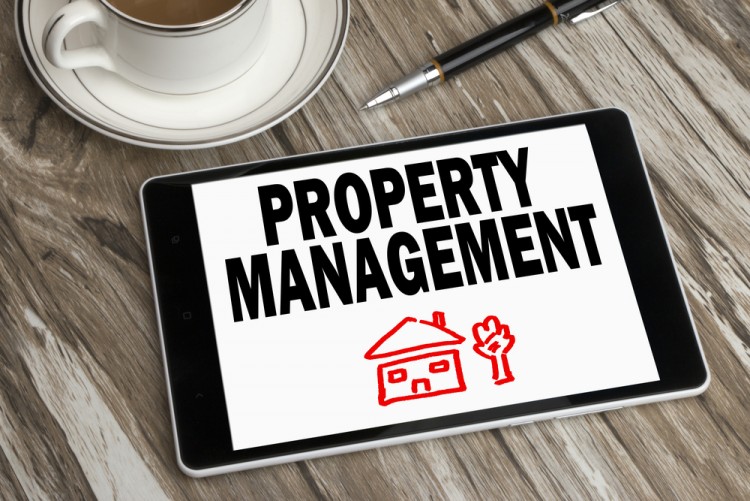Investing in real estate can be risky, which is why you’ll want to follow the best advice for property management. You’ll need to make sure you take the right approach. You’ll see a stronger return and avoid mistakes if your properties are properly managed. It’s essential to find a dedicated Property Manager in Fremont, CA. These are some top tips for property management:
The Eight Best Tips for Property Management
1. Get Involved In The Tenant Selection Process
It’s important for property managers to screen prospective tenants before they move in. Income, employment history, personal references, credit, and background checks should all be looked into. You can use a tenant database like Equifax or TICA to conduct your checks.
2. Manage Your Cash Flow Properly
When cash comes in from your properties, you’ll want to make sure you use it appropriately. Your goal should be to maximize the return you receive from your rent. If you focus on investment maintenance, your overall return will be much higher.
3. Save Money For An Emergency
This is one of the most essential pointers for property management. You should make sure you have emergency funds on hand so that you can cover potential problems. Don’t rent your property out until after you’ve discussed maintenance with your property manager. You’ll want to make sure that the property gets the upkeep that it needs while it’s being occupied by a tenant. You should make sure that your finances are managed appropriately and that you have reserves you can draw on in an emergency. If your property needs repairs, you’ll want to make sure you can pay for them immediately. It is recommended that you set aside at least two weeks of rent.
4. Read Up On Local Laws
The U.S Department of Housing gives information on tenants rights. Ensure that you are fully aware of the regulations in your area.
5. Be Ready For Leases to End
All leases end eventually. If you plan ahead, your property will be vacant for shorter windows of time, which will help you financially. You should start the process of renewing at least a minimum of three months before the least is scheduled to end. That way, you’ll be able to find out if the tenant intends to stay in the property and gives you the chance to find a new tenant quickly.
6. Be Prepared for Eviction
You’ll want to be familiar with the laws regulating eviction. You should know what your rights are as a landlord, and you should be familiar with the rights of tenants as well. Eviction can be expensive, which is why you’ll want to make sure this is covered by your insurance. You can learn more about selecting a landlord insurance policy here.
7. Make Sure Your Paperwork, Finances, and Accounting Are Easy To Manage
Investments can be a source of stress, which is why you should make things easier on yourself. Find management that will take care of invoices for you. This will save you a lot of stress during tax season. You’ll also be given a yearly financial statement that provides essential information on your income and expenses. You can learn about claiming tax deprecation on a property here.
8. Have A Property Management Strategy
If you select the wrong agency for property management, it’s likely that you’ll regret it. You’ll lose money if your properties aren’t properly maintained and your tenants owe a lot of rent. Our recommendation is that you put together a list of a few different local property management companies. You should set up meetings with all of them. From there, you’ll want to look at the benefits and drawbacks of working with each company.




